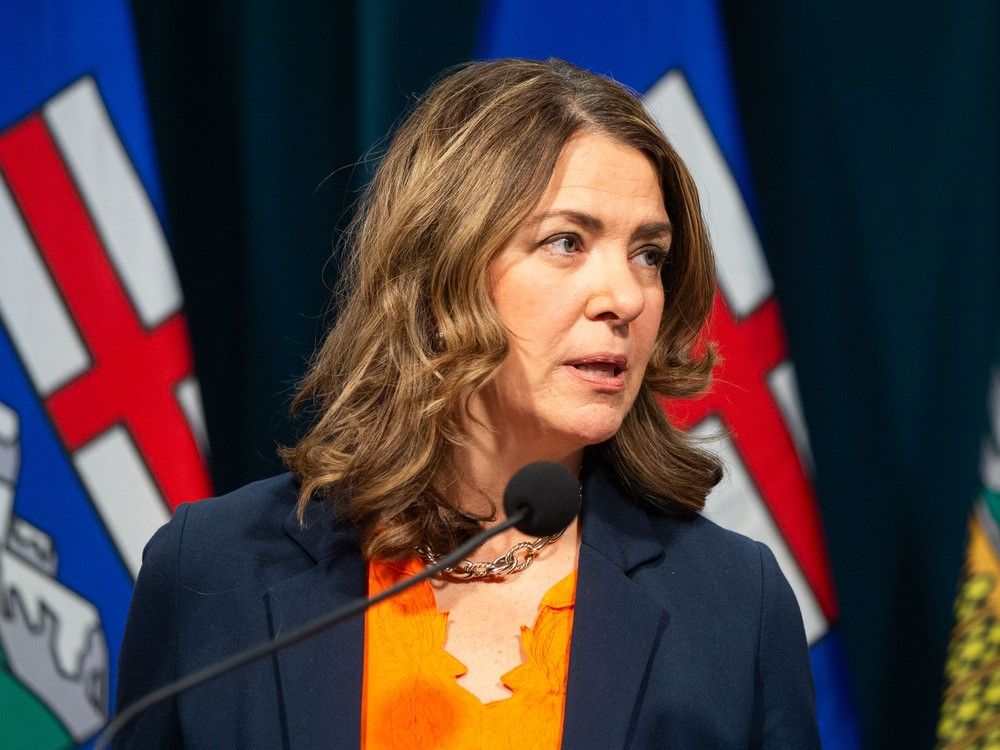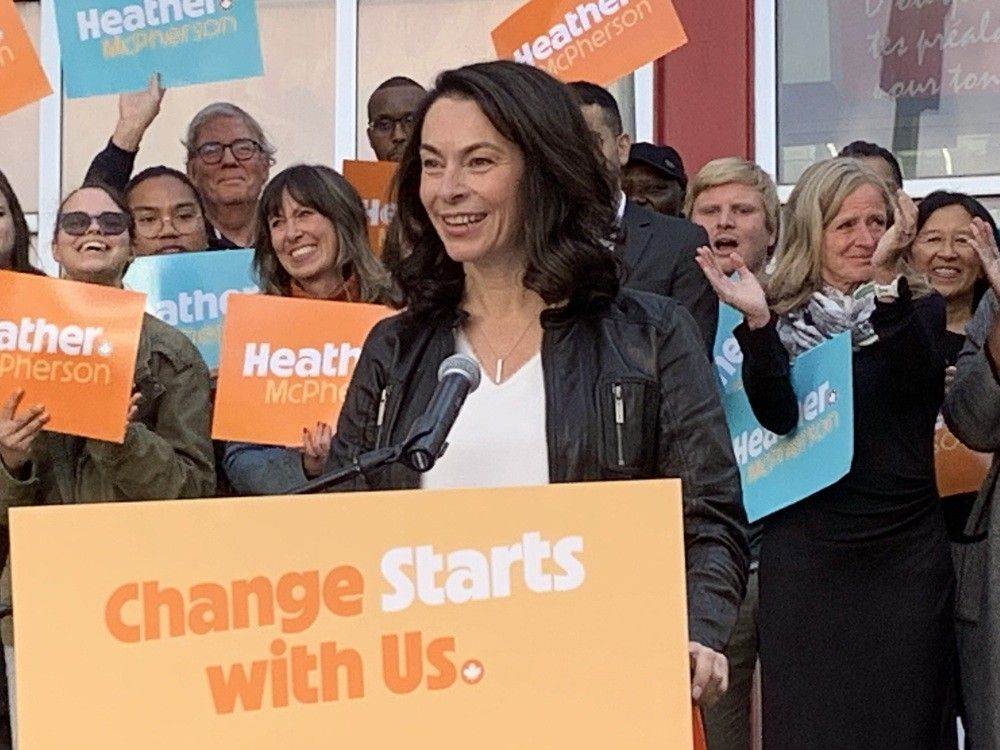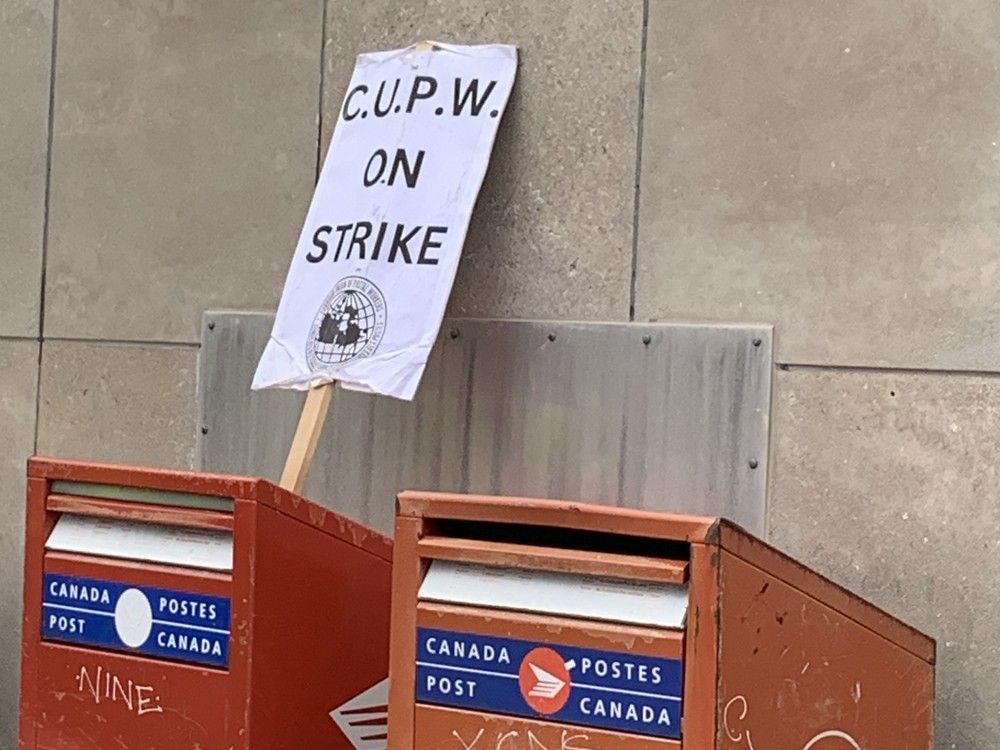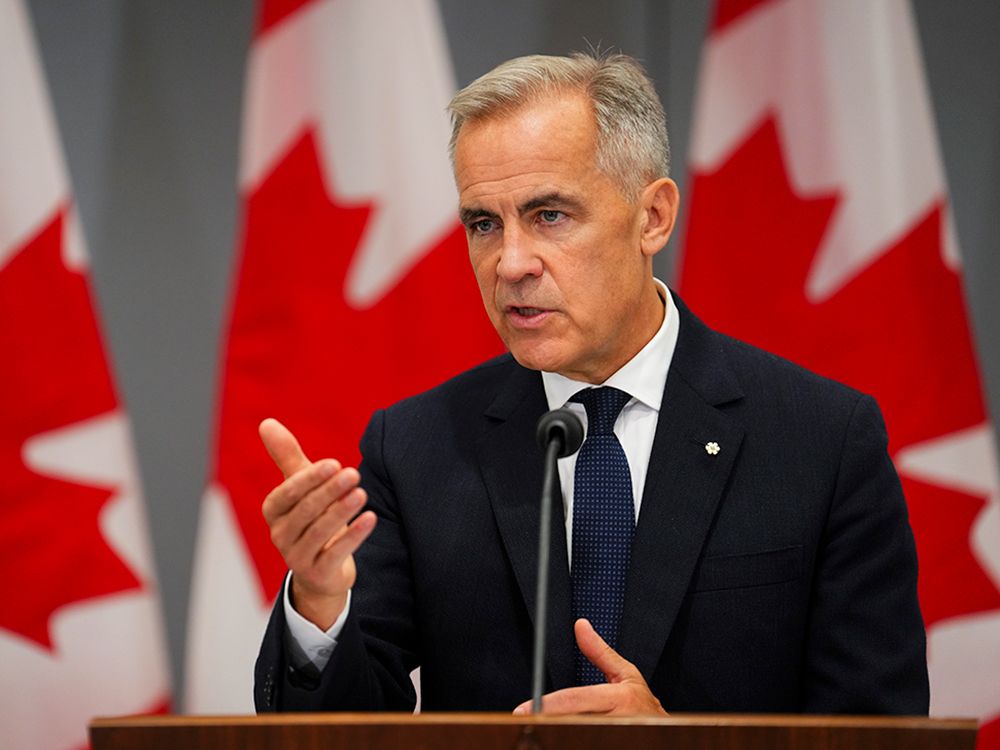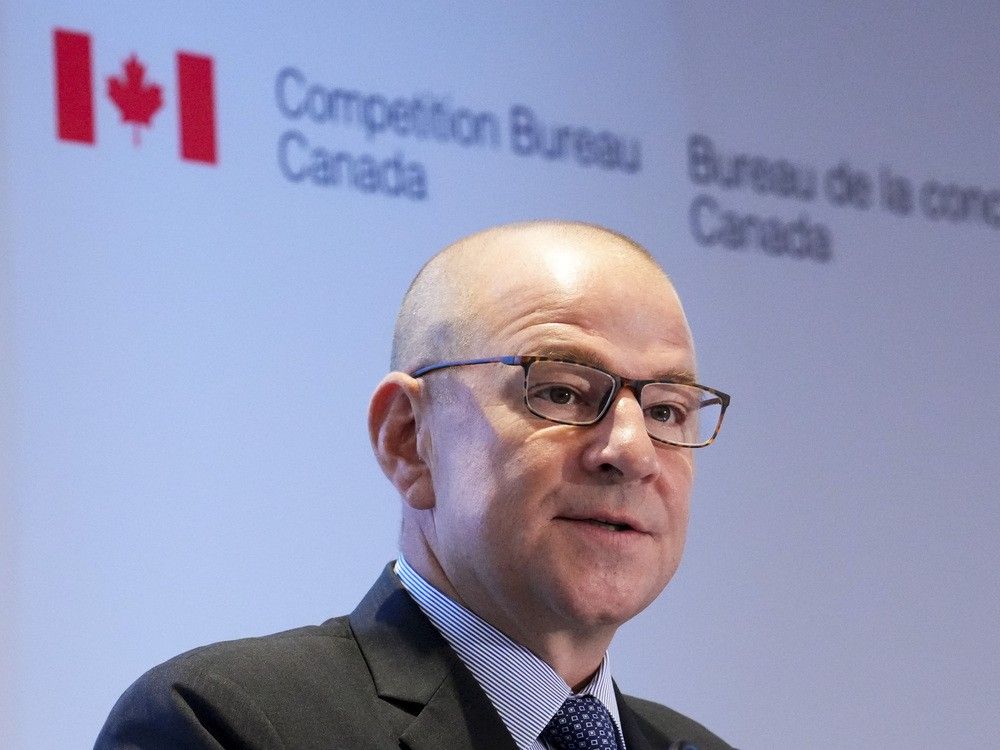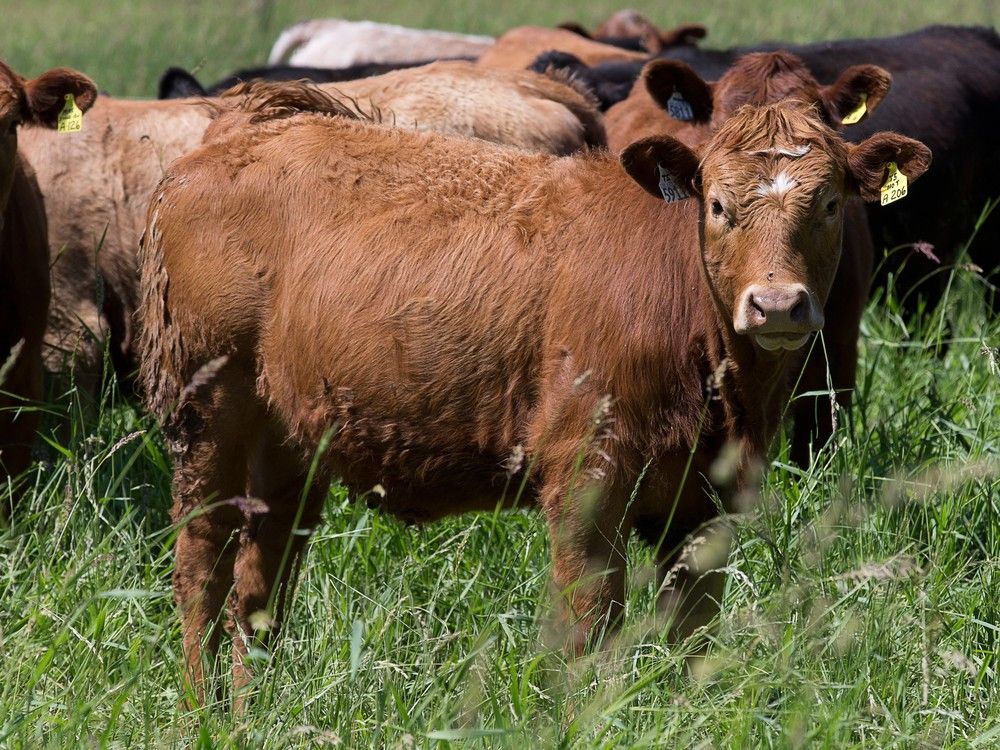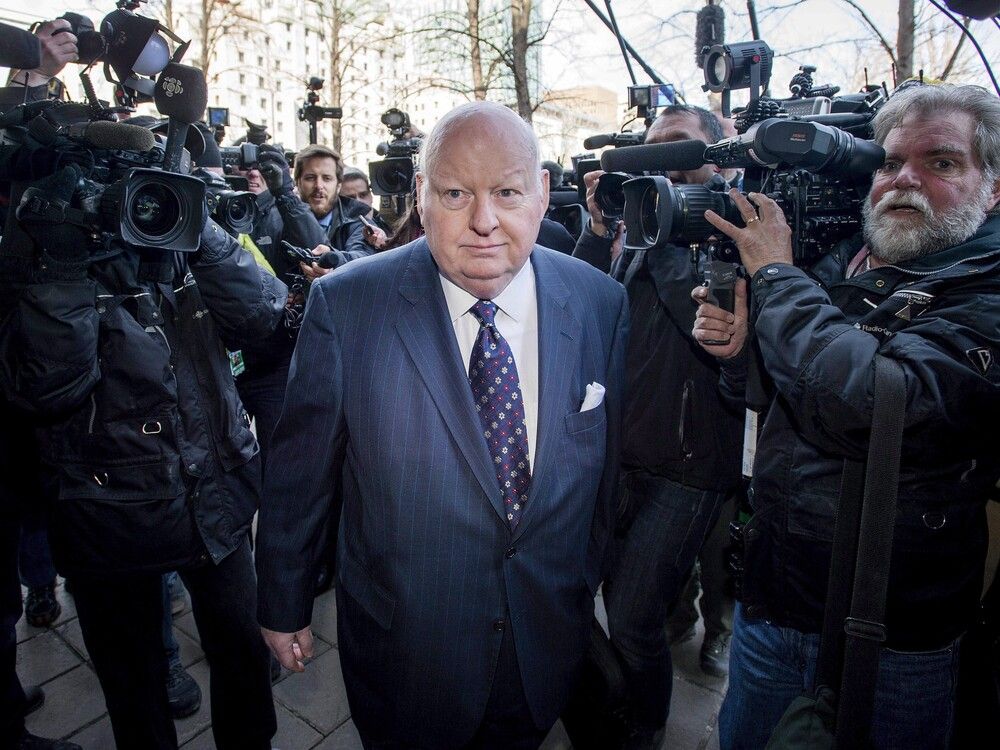
In 2018, family physician Ken Shafquat Intikhab Abrahim was reprimanded by Florida’s medical board and banned from prescribing certain medications after being accused by officials of providing “potentially lethal” amounts of addictive drugs to patients.
Four months later, he was reprimanded by North Carolina’s medical board for “willfully concealing” the Florida matter from them.
Then, in December of the same year, Abrahim surrendered his licence in New York state after officials there learned of his prescription issues in Florida and concluded he had failed to disclose the Florida complaint when renewing his licence in New York.
Medical regulators in Ontario, where Abrahim also holds a licence, first learned of his Florida reprimand around the same time in 2018, according to documents posted on the website of the College of Physicians and Surgeons of Ontario (CPSO).
However, it would take nearly four years for the CPSO to take action against Abrahim.
In 2021, a disciplinary panel heard that Abrahim had failed to disclose the existence of the pending Florida prescribing complaint
for six years — between 2012 and 2017 — on his annual licence registration forms in Ontario. He was reprimanded, suspended for two months and ordered to complete training in medical ethics and professionalism.
Today, Abrahim is practising in Niagara Falls, Ont., without any listed restrictions on his licence despite the ongoing ban on prescribing certain medications in Florida should he ever return to the state.
Abrahim, who did not admit the allegations in the Florida case and settled the matter with the state’s medical board, told the Investigative Journalism Bureau that the patients in question had previous medical conditions and were prescribed the medications for legitimate medical reasons. He said reporters’ questions were “blanket statements” containing information that was taken out of context.
Abrahim’s case is not unique.
Identified by an international team of reporters, he is among dozens of doctors who have left behind disciplinary histories involving troubling medical care or personal conduct, or alleged misconduct and started fresh without restrictions or public warning in a new jurisdiction.
The international investigation by 48 media partners in 46 countries included Canada’s
Investigative Journalism Bureau
and was led by the
Organized Crime and Corruption Reporting Project
(OCCRP), the
Times
of London, and
VG
of Norway. Other partners include France’s
Le Monde
and Germany’s
Paper Trail Media
,
ZDF
and
Der Spiegel
. It details how physicians across North America and Europe have sometimes skirted sanctions, avoided transparency and dodged accountability by moving elsewhere.
In all, reporters gathered more than 2.5 million records that OCCRP’s data team built into a database to help trace sanctioned or banned doctors practising in a different country.
By cross-referencing dozens of global physician registries with disciplinary records, reporters found more than 100 doctors currently banned from practising medicine in one or more jurisdictions who are now licensed to practise elsewhere.
Many had previously been involved in serious offences, including cases of sexual assaults during their medical work, botched medical treatments and inserting breast implants without consent. Dozens more who had been previously reprimanded or suspended elsewhere have also had little issue relocating, reporters found.
The findings are the tip of the iceberg. The true scope of doctors migrating to new jurisdictions after being disciplined elsewhere is hidden by a lack of complete and comparable data.
But the findings raise questions over how physicians with serious offences on their records, including patient harm, can so easily pick up their careers in another country amid spotty reporting and an honour system that often relies on physicians to voluntarily disclose past disciplinary actions.
The reporting teams uncovered some startling cases.
In the United Kingdom, a Romanian doctor was banned in 2024 over multiple cases of sexual predation between 2015 and 2020 — cases where he subjected patients to “invasive and intimate procedures for his own sexual gratification.”
The tribunal report concluded that removing him from Britain’s medical register was “the only means of protecting patients.”
The doctor relocated to Romania after U.K. authorities banned him, and continues to practise there to this day.
“It is shocking and deeply upsetting for those affected by his actions, to learn that he is allowed to treat patients in Romania, and deeply worrying that those patients in Romania are now at risk,” said Gary Walker, an attorney representing more than 40 of the physician’s victims.
In another case, a doctor who is a German citizen performed major orthopedic surgery on eight patients in Norway without being a certified specialist or having enough practical experience, according to a Norwegian health board, which subsequently revoked his licence in 2021.
One patient who survived two surgeries by the doctor ended up losing a leg following a pressure ulcer and sepsis. Despite urgent warnings from Norway — the Norwegian ambassador made representations to the German authorities — the physician remains licensed in Germany, where he works at a clinic.
Among the most unique cases uncovered by reporters is that of a cosmetic surgeon who inserted breast implants into a patient “against her express wishes,” a U.K. medical tribunal found in 2020.
The tribunal’s decision to strike the physician off the British medical register described how the patient had wanted a breast procedure that included removing her current implants and had specifically said she did not want to have implants reinserted.
In a followup consultation, the patient recalled what the physician told her. “Even though you are not happy with your breasts, I think they are lovely,” the tribunal noted. It found that his behaviour toward her, including touching her hand and knee and kissing her on the cheek, had been sexually motivated, an allegation he had denied to British regulators.
The doctor is now licensed and practising as a cosmetic surgeon in Spain, working across clinics in towns in the coastal regions of Alicante and Murcia.
* * *
In Canada, the Investigative Journalism Bureau compared physician registrations across nine provinces and territories with disciplinary lists spanning dozens of partner countries. These nine provided physician registries for free or a small fee.
British Columbia, however, asked for nearly $600 for the records. Two provinces denied the request altogether: Quebec’s medical regulator said it does not make its registry data public and Ontario’s regulator said it “no longer shares data for research purposes.”
Nunavut did not respond to the investigative bureau’s request.
Reporters found doctors suspended or reprimanded for sexual harassment,
of cancer treatments, overprescribing of potentially lethal drugs, and repeatedly lying on their physician licensing applications. Some relocated from Canada to elsewhere after such incidents came to the attention of officials, while others moved to Canada from elsewhere.
The common denominator: none appeared to have faced major obstacles when doing so.
“Public trust in the regulation of medical staff is vital and it is deeply worrying that some doctors are managing to move country and continue to treat patients,” said Paul Whiteing, CEO of the U.K. patient safety non-profit organization Action Against Medical Accidents.
“Regulators and employers must have fool-proof systems for detecting those who try and move between countries in order to evade detection when they are restricted or banned from practising in a country.”
Ken Abrahim
In 2011, the Florida Department of Health first filed an administrative complaint against Ken Abrahim over his prescribing of certain medications to seven patients.
In February 2017, an amended complaint containing substantially the same allegations charged that Abrahim prescribed drugs including oxycodone, OxyContin, Xanax, Percocets and Valium to patients in “potentially lethal” quantities.
As part of a March 2018 settlement with Florida health authorities, Abrahim neither admitted nor denied the allegations. Instead, he agreed that if proven, they would have broken Florida law.
The Florida Board of Medicine said it was making no formal findings of its own, but reprimanded Abrahim, fined him $35,000, and ordered that he should, in future, be banned from prescribing most controlled substances for the treatment of chronic nonmalignant pain, described in medical circles as pain that lasts for at least three months, but which is not related to cancer. Abrahim was also banned in Florida from running, owning or being employed by a pain management clinic.
In an email to the Investigative Journalism Bureau, the Florida Department of Health, which handles the investigation and prosecution of complaints before the Florida Board of Medicine, confirmed that “the restrictions on his Florida medical license are still active and he would have to adhere to them if he were to return to practice in this state.”
Months after the settlement in Florida, in July 2018, North Carolina officials found Abrahim had committed misconduct when he failed to disclose the existence of the Florida complaint that was pending against him when he completed his North Carolina registration for 2017.
Abrahim agreed this omission “constituted making false statements or representations to the Board, or willfully concealing material information.” Abrahim was once more reprimanded and fined.
The same pattern continued into New York, and later Ontario, according to regulators.
“Dr. Abrahim agreed not to contest the charges of professional misconduct and surrendered his New York state license in full satisfaction of the charges against him,” reads a statement from the New York board.
The state’s Federation of State Medical Boards sent notification to Canadian authorities about its actions against Abrahim, the statement says.
“The Department has confidence that our counterparts in other jurisdictions act as they feel appropriate to ensure patient safety in their jurisdictions.”
It wasn’t until December 2021 that Abrahim was suspended by an Ontario disciplinary tribunal for failing to mention his previous issues in Florida — an omission that constituted “disgraceful, dishonorable or unprofessional” conduct, the disciplinary tribunal found.
“We are disturbed by your misconduct,” reads the reprimand to Abrahim. “Trust is the cornerstone of the care of patients and of the social contract between the profession and the public … You have … failed to meet this obligation.”
During the same hearing, the committee noted that despite his Florida issues, the panel had “no current concerns about Dr. Abrahim’s prescribing practices.”
In a written statement released to the Investigative Journalism Bureau on Sept. 29, the CPSO confirmed it received a report from the Florida Board of Medicine on March 13, 2018, regarding Abrahim’s settlement agreement, along with subsequent reports the same year from North Carolina and New York medical boards about actions they also took against his licence.
The College’s statement does not address questions about why it took nearly four more years to investigate and issue its findings on Abrahim.
“The College remains steadfast in its commitment to serving the public interest by working to protect patients, maintaining public confidence, and upholding the integrity of the medical profession,” it reads.
Reached by phone, Abrahim said the Florida patients “had previous medical conditions, were treated by other physicians in the past, they were prescribed these medications, they were for legitimate medical reasons … You don’t know these patients’ medical conditions.”
Of his disciplinary issues in various U.S. states, he said: “It’s public record, you can take of it what you want. I have my own opinion on it, you will have an opinion. The College had their own opinion. They took whatever action they felt was necessary, and that’s all I’m going to comment on.”
He said that complaints are filed against physicians regularly, and they are allowed to continue to practise until there is disciplinary action against them.
The Federation of Medical Regulatory Authorities of Canada (FMRAC) is a national body that helps Canada’s medical regulatory authorities (MRAs) collaborate on issues of national interest and support regulatory initiatives.
In a statement, FMRAC said physicians applying for a licence in a new jurisdiction must provide a certificate of professional conduct from the regulatory body where they were previously licensed. The certificate, FMRAC said, “would include conduct or disciplinary actions if they exist.”
Canadian regulatory authorities, FMRAC said, “have access to trusted physician registers” as well as access to “the public registers of other regulators around the world.”
The agency offered no comment on how physicians with troubling backgrounds are able to move across borders and obtain new licences despite medical regulators having access to these databases.
Enyinnaya Ezema
While Abrahim moved from the U.S. to Canada, reporters also found doctors with troubling backgrounds in Canada who started fresh abroad.
Dr. Enyinnaya Ezema had no issue taking his practice to Northern Ireland after being found to have sexually harassed former colleagues in Nova Scotia.
His U.K. patients, however, will not find any of that information on his public profile there.
In 1998, Ezema graduated from the University of Nigeria before moving to the Republic of Ireland in 2002 and working there as a psychiatrist until 2012, obtaining citizenship. He then moved to Canada, settling in New Glasgow, N.S., and once more practising as a psychiatrist. There, he was charged with assault over a December 2014 incident at a medical facility in which a nurse claimed he had licked her along her bottom lip without her consent.
The criminal charges against Ezema were stayed in 2016, with an information sheet showing they were not pursued after the Crown heard testimony from the alleged victim. According to
, Ezema entered a not-guilty plea in the case.
However, the same nurse had also made a complaint against Ezema to Nova Scotia health authorities in March 2015, which led to an investigation committee being convened.
“(W)hile discussing a mutual patient with (Colleague C), you put your arms around her and ran your tongue along her bottom lip and held on to her,” the hearing committee said in its review.
The committee also said two other instances had arisen during staff interviews in which alleged victims said Ezema had acted inappropriately.
One of these other alleged victims described a number of inappropriate comments he had made in 2013, including telling her she looked “expensive,” a comment which she felt had sexual undertones.
On another occasion, she said, he invited her for coffee at his house, saying his wife would not be there. The woman said he also invited her on a trip to Scotland and “made inappropriate comments about her appearance.” The report from the hearing stated that as a result of Ezema’s behaviour, the woman left her job to work somewhere else.
In September 2017, the committee concluded Ezema had harassed the complainant woman, and a colleague who did not make a formal complaint.
The committee also dismissed a complaint made by a third complainant.
The College handed Ezema a reprimand, a four-month suspension and ordered him to pay costs of $75,000.
But Ezema was headed elsewhere.
According to the U.K.’s General Medical Council (GMC) website, he was able to obtain a U.K. medical licence in 2019.
In response to questions from the Investigative Journalism Bureau, Ezema provided a written statement saying he “did express his remorse and apologies in writing to all the colleagues who one way or the other were affected by all that transpired.”
But it adds that there is no way he could have done the things he was being accused of, denying the allegations described by the two women and claiming he is a “victim of institutional racism in Nova Scotia,” having been suspended by an “all-white panel.”
Before obtaining his U.K. licence, Ezema requested a letter of good standing from Nova Scotia that he characterized as being “terrible.” The statement says that before licensing in the U.K., he was first referred to a “fitness to practice panel” and attended a “boundary course,” among other courses, “to improve his interpersonal skills and maintain a peaceful and productive workplace,” the statement reads.
But in the end, he successfully obtained a U.K. licence despite the Nova Scotia letter.
Media reports have listed Ezema as working as a temporary fill-in (locum) psychiatrist at the Western Health and Social Care Trust in Omagh, Northern Ireland. A Western Health and Social Care Trust spokesperson confirmed to the London-based Times newspaper, a partner in the investigation, that Ezema had worked as a locum psychiatrist at the trust, but said he was no longer working there. The spokesperson declined to comment further, citing privacy concerns.
In 2025,
, a court in Omagh heard charges of grievous bodily injury alleging Ezema’s dangerous driving had left a man in critical condition in hospital after a four-car pileup on a motorway.
One detective told the court he was “gravely alarmed” over comments Ezema made following the crash, according to the media reports.
“He couldn’t understand why he was detained in custody as the injured party had not died,” the detective allegedly said. The case is ongoing.
In his written responses to the Investigative Journalism Bureau, Ezema declined to comment on the incident.
Nova Scotia’s College of Physicians and Surgeons told the bureau that while it had recommended its hearing committee revoke Ezema’s licence due to the “the seriousness of this conduct,” the committee’s decision to impose a reprimand and suspension ”can be supported by case law.”
Responding to Ezema’s move to the U.K. following the Canadian disciplinary action, the Nova Scotia College statement says that while communications with other regulatory bodies are confidential, “the hearing committee’s detailed decision respecting Dr. Ezema is easily accessible through a simple Google search.”
While the U.K.’s medical regulator — the General Medical Council — did not offer comment on Ezema’s case specifically, it said in a statement, “We take our role protecting patients extremely seriously … We continue to proactively share information about doctors we have acted against to help protect patients worldwide — however, the quality and consistency of information we receive from overseas varies …
“Doctors wishing to gain registration should be under no illusion about their duty and responsibility to tell us about anything that might affect their ability to practise safely in the UK — our professional guidance makes this very clear.”
Ali Cadili
In 2022, the Council of the College of Physicians and Surgeons of Saskatchewan suspended and fined Dr. Ali Cadili in connection with three misconduct charges dating back to June 2019.
Today, he practises in the U.S. with what appears to be a spotless professional record.
The physician was accused of having “caused or permitted” advertising for a Regina-based private clinic — the Clear Health Inn — that was “inaccurate and/or misleading,” a disciplinary panel found. And he was allowing or causing the clinic to use “remedies, treatments or devices” that weren’t accepted as being therapeutically useful for patients, according to the disciplinary panel.
Despite it not being a medical facility, the Clear Health Inn’s website, hearing documents say, had boasted that it was a “Premier Cancer Care Program” and “Canada’s most unique place of Healing and Wellness.”
According to the disciplinary panel, the website advertised to cancer patients, featuring treatments such as an infrared sauna, light therapy, sound therapy and detox baths, as well as hyperbaric oxygen therapy for treating autistic spectrum disorders.
“Inside the chamber,” the site read, autistic people “will inhale 100 percent pure oxygen to enhance the body’s natural healing tendencies,” according to the disciplinary panel.
The ads, the disciplinary panel heard, could have led consumers to believe it provided medical advice and treatment. Officials said that although the facility was not part of Cadili’s medical practice, he had an “ownership interest” in it and/or advertised himself as a medical consultant for it.
In response to questions from the Investigative Journalism Bureau, Cadili said the Saskatchewan findings were “very unfair” and that the college was “overly eager to create a narrative that was not there.”
He says he was the sole owner of the clinic, which he established himself, but that he had “no real affiliation in practice” and that he “was not involved within this business as a practicing physician.”
The College charged that Cadili “had an ownership interest in the business and/or advertised as medical consultant for the business.”
In his statement, Cadili acknowledged that “being involved in any private business connected to health is a risk to physicians which creates misunderstandings in the roles … My name should not have been listed on the website … It was a significant error at the time for me not to review the website and marketing tactics.”
Cadili says he invested in the alternative health company with the hope it would “pave the way for increased incorporation of traditional healing practices in our medical system … My intentions were purely for the benefit of the patients.”
The business was never intended to be a medical facility, he wrote.
“This distinction was clear in my head. Obviously I failed to understand it may have not been for others.”
The statement says he does not believe the facility’s treatments could cure cancer or autism.
“I believe there is no cure for autism at the present time … However, many people can benefit from some of these practices in the form of relaxation, reduction of stress and soothing remedies, which have been found to reduce anxiety and assist the body with the natural healing processes.”
In one May 2018 case highlighted by the College, a woman agreed to pay $13,650 for help with pancreatic cancer, a disease with a very high fatality rate. She ended up pulling out of the treatment after paying about half the total amount, the records show.
The hearing heard the facility’s website listed pancreatic cancer as among the “most common cancers we treat.”
Cadili, college officials wrote, never met her to offer a consultation or to “discuss the risks and/or benefits of the recommended service.” Cadili had put his “business interests in conflict with the consumer’s interest,” according to the college.
In his written response to the Investigative Journalism Bureau, Cadili said every client was informed of the nature of “supplementary” therapies and was “strongly encouraged” to follow their physician’s advice.
“The $13,500 sum you bring up was for six weeks of services five days a week occupying two technicians. Yes, at the end of the day this was a for profit business, but this was not an exorbitant amount (relative to the actual cost),” he wrote.
“People in sensitive positions of life and death are often desperate for cures or things which they believe might be a miracle for them … As a physician I am sympathetic to their plight and understand their confusion when things do not materialize in their favor.”
In June 2022, Cadili received a four-month suspension and a fine of $85,000 after admitting to three charges of misconduct.
But he had already moved on, he says, first to Alberta and then south of the border.
He left Saskatchewan in 2018 for one year to complete a fellowship, he says, and practised in Alberta, where he is from and where he already had a medical licence, until November 2024 “when I made the permanent move to the U.S.”
Throughout that time, he was managing the Saskatchewan clinic remotely, he says.
“It was not easy and perhaps, from a business perspective, inadvisable. I am sure the business would have done much better if I had managed it in a hands-on (way) rather than what effectively amounted to a ‘silent’ ownership,” he wrote.
Cadili says he had job offers in Ohio and West Virginia in 2024 and applied for licences in both. But the two state medical boards, both of which were aware of the Saskatchewan disciplinary action, handled his past very differently.
Ohio’s board required a hearing to address the “action taken by the College of Physicians and Surgeons of Saskatchewan for fraudulent statements,” according to public records from the state’s medical board.
In his written statement, Cadili said the Ohio review “would have involved a complete hearing on all the facts and details of the case in Saskatchewan.”
That hearing would never take place because, in the meantime, Cadili was able to obtain a licence from West Virginia.
Public records in West Virginia show that the medical board committee carried a motion that he be granted a licence to practise on July 13, 2024 “after a thorough discussion with Dr. Cadili.”
“The choice was clear,” Cadili wrote, “either devote time and energy to going through the process in Ohio for the sake of getting the license or withdraw … I no longer needed a license in Ohio and thus withdrew my application.”
Cadili continues to practise in West Virginia to this day with no reference to the Saskatchewan disciplinary actions on his public profile there.
“I’m confident that if the board felt there were any restrictions that need to be imposed or any risk to the public, they would have acted accordingly,” reads Cadili’s statement.
In a response to questions from the Investigative Journalism Bureau, the West Virginia Board of Medicine said:
“Each state has its own medical practice act, licensure requirements and procedures for evaluating license applications. At the time Dr. Cadili’s application for West Virginia medical licensure was considered by the Board, it determined that he was eligible for licensure based upon the information available to the Committee at that time.”
Saskatchewan’s College of Physicians and Surgeons, in response to questions from investigative reporters, said Cadili asked it to provide a certificate of professional conduct to the West Virginia Board of Medicine.
“That certificate was provided with a letter dated April 30, 2024,” the College response reads.
The College would not disclose what information was included in the letter, saying only that the certificate contained standard information that it is obliged by law to provide to another regulatory body including “information about the charges laid by the College of Physicians and Surgeons and the penalty imposed.”
The college would not comment “on what another regulatory body has, or has not, done.”
Gary Walker, the lawyer who has represented dozens of victims of medical misconduct, says patients pay the price for a failing medical oversight system.
“The mechanisms in place for regulators across the world to share information regarding disciplinary action or criminal sanctions to doctors in other jurisdictions clearly need urgent review to protect patients.”
— Additional reporting by George Greenwood of the Times and the Organized Crime and Corruption Reporting Project (OCCRP).
The Investigative Journalism Bureau (IJB) at the University of Toronto’s Dalla Lana School of Public Health is a collaborative investigative newsroom supported by Postmedia that partners with academics, researchers and journalists while training the next generation of investigative reporters.




